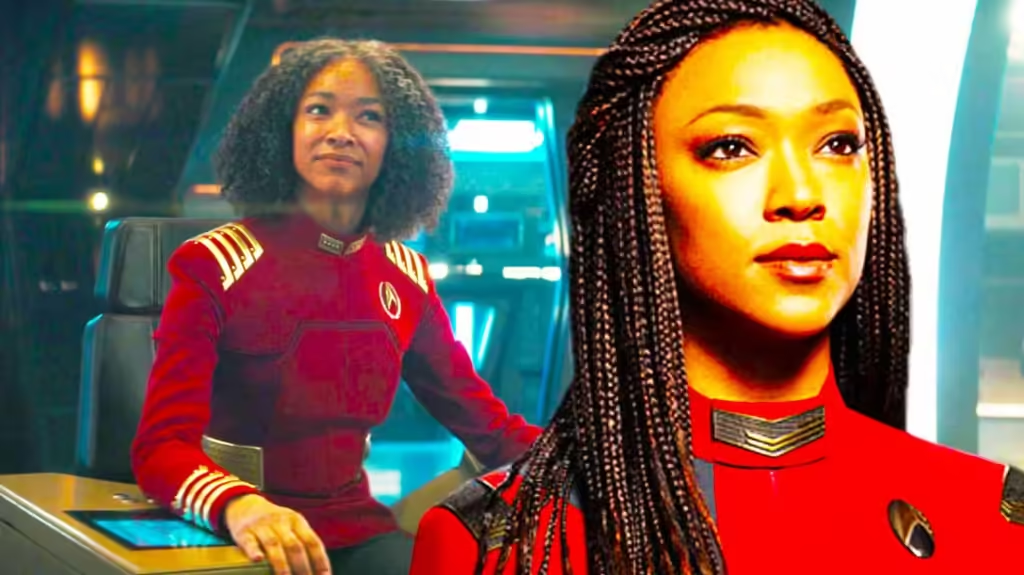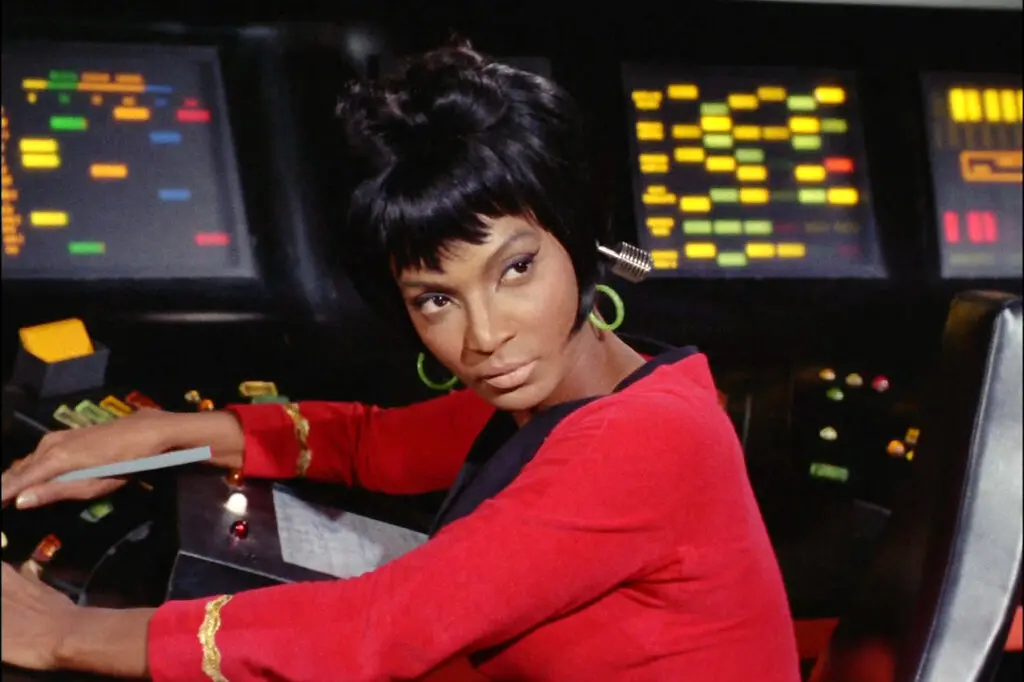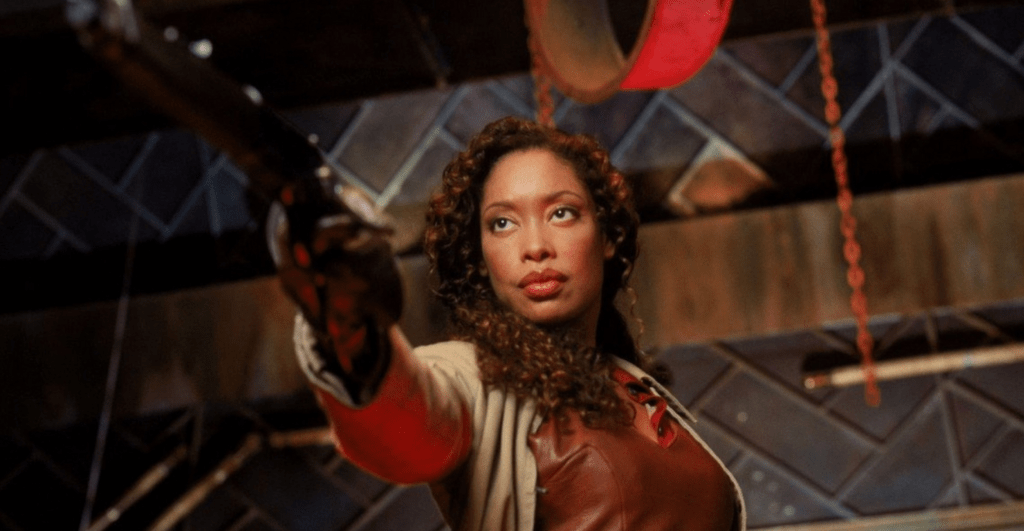
Black Female Characters in Sci-Fi
The world of science fiction has long been a space for exploring the unknown and
imagining new possibilities. Yet, for many years, it lacked the diversity to fully reflect our
multifaceted society. Today, Black female characters in sci-fi are not only breaking
barriers but also enriching the genre with their unique stories and perspectives.
Historical Context of Black Female Characters in Sci-Fi
Science fiction's evolution has seen many groundbreaking moments, especially with the
inclusion of Black female characters. These characters serve as beacons of
representation, fighting against norms and setting the stage for future narratives.
Pioneers and Trailblazers
One cannot discuss Black women in sci-fi without mentioning Nichelle Nichols who
played Nyota Uhura in the original “Star Trek” series. Her role was unprecedented, as a Black woman in a position of authority on TV during the 1960s. Nichols inspired
countless viewers and even made a significant impact on the future star, Whoopi
Goldberg, who would also join the Star Trek universe as Guinan.
Equally notable is Eartha Kitt, whose portrayal of Catwoman in the 1960s Batman series
added depth and complexity to Black female characters in mainstream media. Her
performances broke stereotypes and showcased the versatility and strength of Black
women in sci-fi.

Modern Representation
In contemporary sci-fi, Black female characters have taken on even more dynamic roles.
Shows like "Black Mirror" and "Doctor Who" often integrate diverse characters that bring
new dimensions to their storytelling. This trend reflects a broader movement towards
inclusivity in media. Today's Black female characters aren't just sidekicks; they are
leaders, heroes, and complex beings navigating intricate plotlines.
Notable Black Female Characters in Sci-Fi
Black female characters have carved out significant roles across all sci-fi mediums
including literature, film, and television.
Literary Icons
N.K. Jemisin’s Essun from “The Broken Earth Trilogy” stands out as a trailblazing
character in literature. Essun’s story is one of survival and resilience in a world that constantly challenges her existence. Her narrative explores themes of motherhood, loss,
and power, making her a pivotal figure in modern science fiction.
Another prominent figure is Aneka from Marvel's "Black Panther" series. Her
representation in sci-fi literature and comics offers a multifaceted look at Black female
warriors and leaders.
Television and Film Representations
Zoe Washburne from "Firefly" and its film sequel, "Serenity," brought to life by Gina
Torres, is a seminal example of strong Black female characters on screen. Zoe's
character defies stereotypes, depicting a confident, skilled warrior with a deep sense of
loyalty and love.
Likewise, Abbie Mills from "Sleepy Hollow," played by Nicole Beharie, demonstrates the
complexity and strength of Black women in sci-fi. Her role as a modern-day cop dealing
with supernatural elements showcases her resilience and adaptability.

Themes and Tropes in Black Female Sci-Fi Characters
Black female characters in sci-fi often embody themes that resonate deeply with their
experiences and challenges within both fictional and real-world contexts.
Intersectionality in Sci-Fi Narratives
Intersectionality plays a crucial role in shaping the narratives of Black female characters.
These characters often navigate multiple layers of identity, including race, gender, and
sometimes sexuality. This adds rich complexity to their stories, allowing audiences to
see the diverse experiences that shape their lives.
Empowerment and Agency
Empowerment and agency are central themes for Black female characters in sci-fi.
Characters like Michonne in "The Walking Dead" and Storm from "X-Men" embody
strength, leadership, and a refusal to be sidelined. Their stories challenge stereotypes
and present new paradigms for what it means to be powerful.
Conclusion
The journey of Black female characters in sci-fi is a testament to the evolving nature of
representation in media. From pioneers like Nichelle Nichols to modern icons like Essun
and Zoe Washburne, these characters continue to enrich the genre and inspire
audiences worldwide. As we move forward, it remains essential to celebrate and elevate
these voices, ensuring that sci-fi remains a diverse and inclusive space.